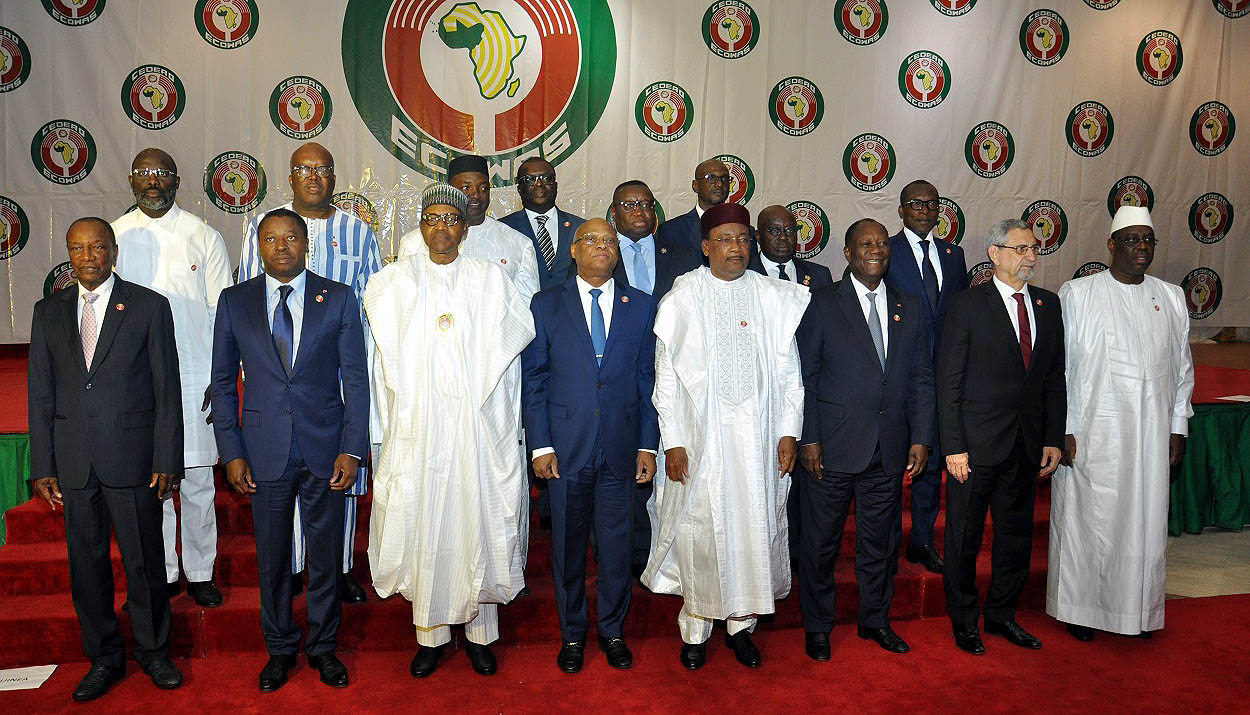The African Union has condemned the military take-over of power in Mali. Rebel soldiers arrested Mali’s President Ibrahim Boubacar Keita and Prime Minister Boubou Cisse on Tuesday afternoon following weeks of political tension in the country.
A statement issued by the body on Tuesday said, “The President of the African Union Commission Moussa Faki Mahamat strongly condemns the arrest of President Ibrahim Boubacar Keita, the Prime Minister and other members of the Malian Government and calls for their immediate release.
“He strongly condemns any attempt at anti-constitutional change and calls on the mutineers to stop all recourse to violence and respect republican institutions.
“He calls on the Community of West African States (ECOWAS), the United Nations and the entire international community to effectively combine their efforts to oppose any use of force to end the political crisis in Mali.”
The 55-nation AU also announced that it was suspending Mali “until restoration of constitutional order”.
In the same vein, the Economic Community of West African States (Ecowas) on Tuesday also condemned the military putsch in Mali and pledged a range of retaliatory actions, including financial sanctions.

Army colonel Assimi Goita on Wednesday introduced himself as Mali’s new military strongman a day after a coup that has also been condemned by the international community but won support from the country’s opposition.
Keita, 75, and several members of his cabinet are currently being held by rebel soldiers outside of the capital.
Keita ostensibly under pressure of the military coupists has resigned from office and dissolved parliament. He said he had been given no other choice but to quit, and sought to avoid bloodshed.
In a statement, Ecowas said its members would close land and air borders to Mali and pledged to demand sanctions against “all the putschists and their partners and collaborators”.
The 15-nation bloc — which includes Mali — also said that it would suspend the country from its internal decision-making bodies.
Mali has been in the grip of a deep political impasse since June, with President Keita facing increasingly strident demands for his resignation.
The anti-Keita campaign veered into crisis last month when at least 11 people were killed over three days of unrest that followed a protest.
READ ALSO: Africa’s efforts to end practice of ‘president for life’ suffer another setback
In an effort to avoid chaos in the country, ECOWAS then stepped in to mediate, sending former Nigerian president, Goodluck Jonathan to Bamako.
The bloc suggested the formation of a unity government and other measures late last month, but stuck by Keita.
But the June 5 Movement has repeatedly spurned compromise proposals, and has continued to demand Keita’s departure.
Meanwhile, Col Goita said after meeting top civil servants that he was the leader of the “National Committee for the Salvation of the People” that has seized power.
“Mali is in a situation of socio-political crisis. There is no more room for mistakes,” Goita, surrounded by armed military men, told journalists. The coup leaders have pledged a political transition and new elections within a “reasonable time”.
Adira Kallo
 THE AFRICAN COURIER. Reporting Africa and its Diaspora! The African Courier is an international magazine published in Germany to report on Africa and the Diaspora African experience. The first issue of the bimonthly magazine appeared on the newsstands on 15 February 1998. The African Courier is a communication forum for European-African political, economic and cultural exchanges, and a voice for Africa in Europe.
THE AFRICAN COURIER. Reporting Africa and its Diaspora! The African Courier is an international magazine published in Germany to report on Africa and the Diaspora African experience. The first issue of the bimonthly magazine appeared on the newsstands on 15 February 1998. The African Courier is a communication forum for European-African political, economic and cultural exchanges, and a voice for Africa in Europe.






















